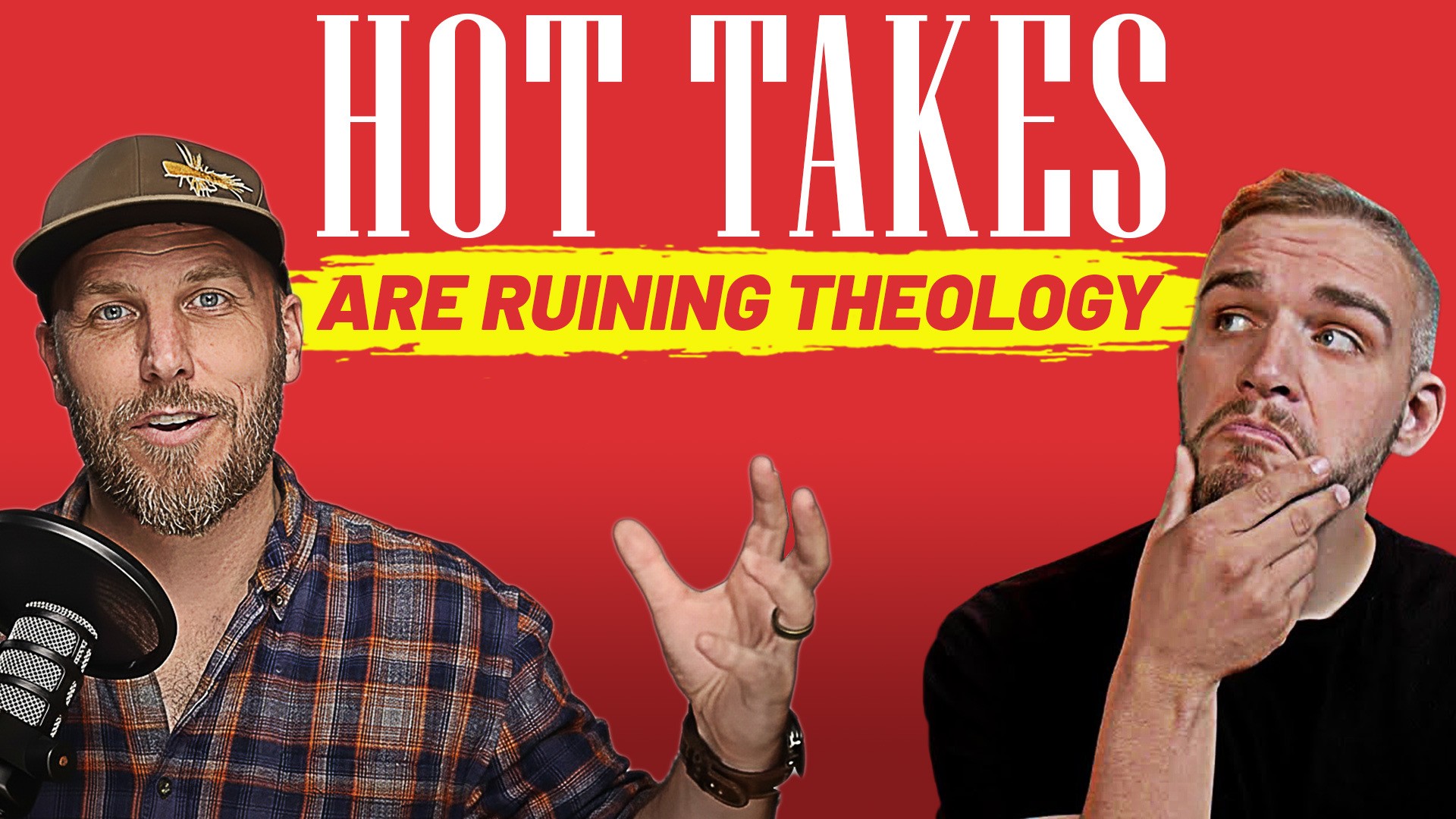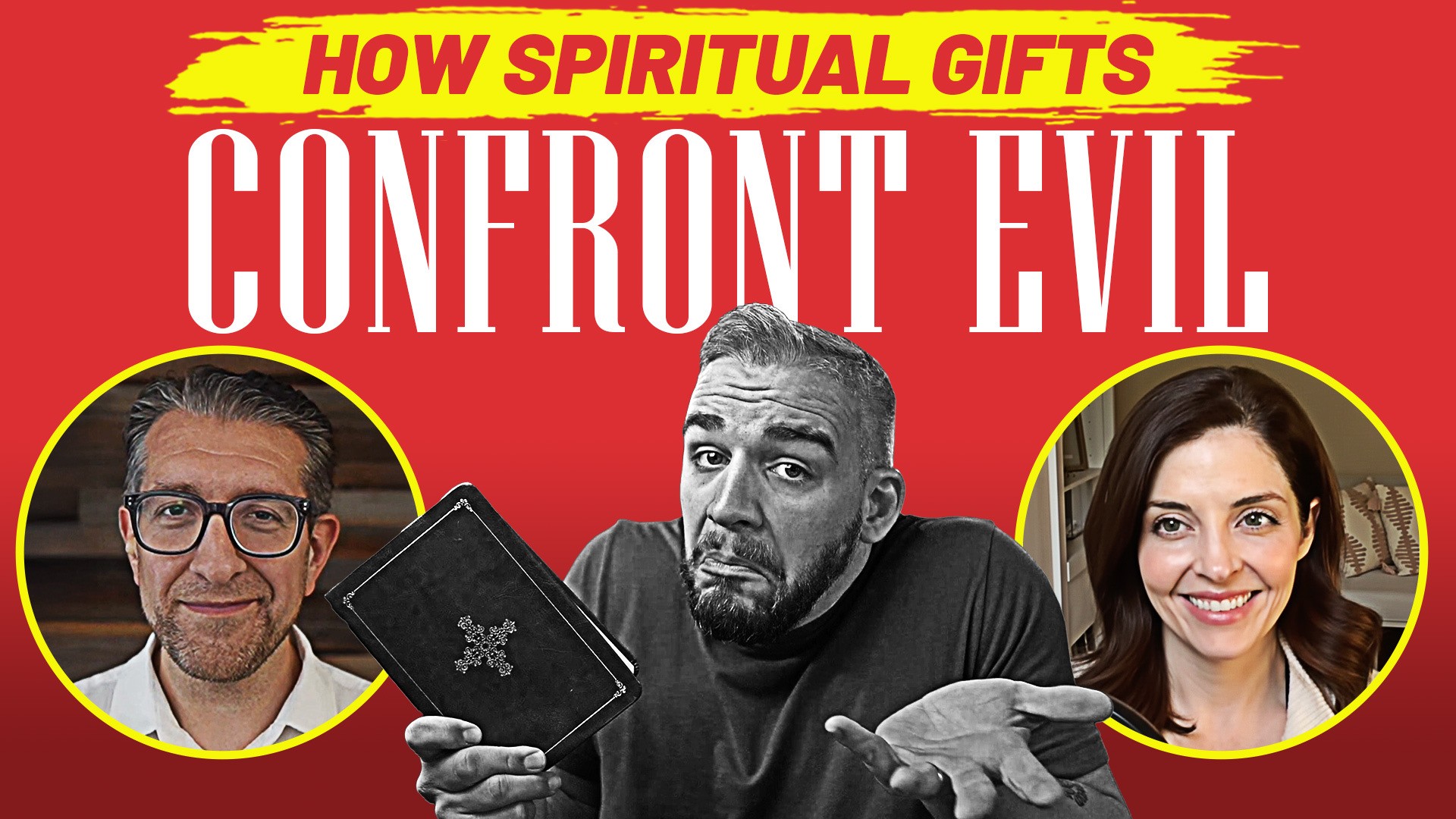What Jack Deere Taught Us About Ministry & Life
Have you ever wondered what it’s like to be discipled by one of the most influential voices on the gifts of the Spirit? In this episode, Michael Rowntree and Michael Miller share stories and lessons from their time under Dr. Jack Deere’s mentorship—insights that shaped their ministry, theology, and everyday walk with Christ.
Transcript Summary
In a deeply personal episode of Remnant Radio, hosts Michael Rowntree and Michael Miller opened their hearts to share intimate stories about their discipleship under Jack Deere, the former Dallas Theological Seminary professor who became a pivotal figure in the modern charismatic movement. Their conversation revealed profound lessons about spiritual mentorship, the complexity of human relationships, and the transformative power of authentic discipleship.
Both men’s journeys to Deere began with answered prayers. Miller, struggling to reconcile cessationism with questions about God’s supernatural power in evangelism, discovered Deere’s books “Surprised by the Power of the Spirit” and “Surprised by the Voice of God.” These works provided the theological framework he desperately needed—scholarly, scripture-based arguments for continuationism without the cultural packaging that made him uncomfortable in traditional Pentecostal settings.
Rowntree’s path was similar. After his future wife revealed she spoke in tongues, he embarked on his own theological journey that led him to the same books. Both men prayed to be discipled by someone like Jack Deere, never imagining they would actually receive mentorship from the man himself when they discovered he was pastoring in the Dallas-Fort Worth area.
The discipleship they received transcended typical mentor-student relationships. Deere’s approach was rooted in Mark 3:14, where Jesus called disciples “that they might be with him” before sending them out to preach and cast out demons. This “be with him” philosophy became foundational to Deere’s mentoring style. Rather than viewing discipleship as mere investment or transaction, Deere emphasized genuine friendship and enjoyment of one another’s company.
The theological education they received was rigorous and transformative. Deere would systematically challenge their arguments, not necessarily to prove them wrong, but to demonstrate they didn’t truly understand their positions. His famous maxim became a cornerstone of their theological development: “You only know as much theology as you can produce on the spot by quoting it from scripture.” This principle pushed them toward deep biblical literacy and the ability to articulate doctrine with scriptural precision.
Deere’s approach to prophetic ministry was particularly influential. He taught that God is infallible while prophets are fallible, that prophecy must be judged by scripture, and that prophetic words should either confirm existing leadings or prompt prayer about unconsidered possibilities. Never, he emphasized, should major decisions be based solely on prophetic words.
Perhaps most significantly, both men learned about suffering theology from watching Deere navigate profound personal pain. Having lost his son to suicide and watching his wife battle alcoholism, Deere demonstrated how to “not waste your pain.” His theology of suffering—that we may suffer for things we’ve done wrong and things we didn’t deserve, but never suffer anything we didn’t need—became a cornerstone of their pastoral ministries.
Deere’s emphasis on emotional health and authentic vulnerability left lasting impressions. He normalized discussing sin and shame, teaching that secrets maintain power over us until brought into the light. His brutal honesty about his own failures gave permission for others to live authentically rather than maintaining facades of spiritual perfection.
The conversation also addressed misconceptions about Deere’s theological positions. Contrary to some critics’ claims, both men emphasized that Deere never embraced Latter Rain theology or William Branham’s teachings. In fact, Deere consistently opposed such movements and eventually publicly condemned figures like Paul Cain, despite personal cost to relationships and influence.
Their discipleship experience shaped their current ministries in profound ways. Both men carry forward Deere’s emphasis on friendship with God as the foundation for all ministry, his commitment to biblical literacy, and his integration of word and spirit. They’ve learned to hold together robust theologies of both healing and suffering, avoiding the triumphalism that characterizes much charismatic teaching.
The episode concluded with deep gratitude for Deere’s impact, while acknowledging his humanity and imperfections. As Rowntree reflected, “It’s okay for your heroes to be human. Maybe we shouldn’t make heroes of people. Maybe they should just be humans to us.”
Their story illustrates the transformative power of authentic spiritual mentorship—relationships that combine theological rigor with genuine friendship, prophetic ministry with emotional health, and supernatural faith with profound humanity. Through Jack Deere’s influence, these men learned not just about spiritual gifts and biblical interpretation, but about living authentically, suffering well, and loving deeply in the complex journey of Christian discipleship.



